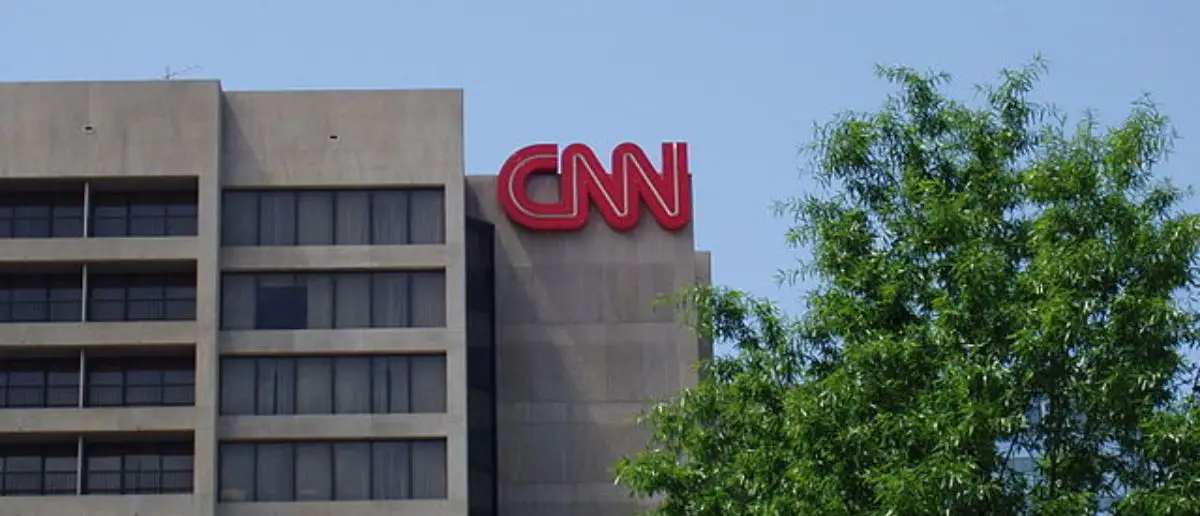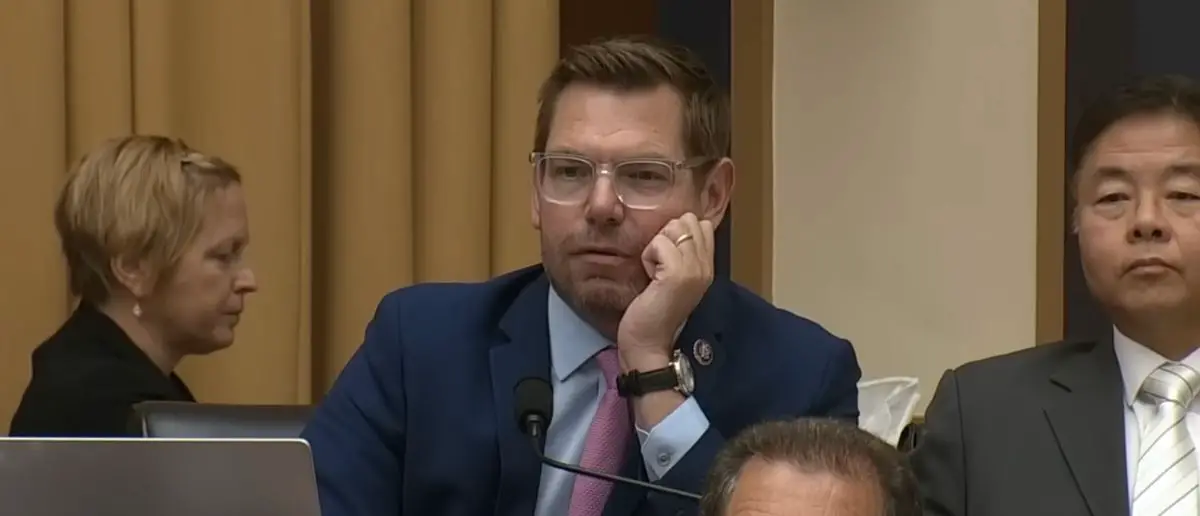
The media will do anything to get one over Donald Trump. Even if that means selling American secrets.
That’s why President Trump’s slapped CNN and the New York Times with a serious existential threat.
Trump Administration Clashes with Media Giants Over Iran Nuclear Strike Coverage
President Donald Trump has taken a stand against what he calls biased reporting, sending legal threats to CNN and the New York Times over their coverage of a classified intelligence report on the recent U.S. bombing of Iranian nuclear facilities. The letters, dispatched Wednesday, accuse the outlets of publishing misleading stories that downplay the success of the operation, which Trump ordered over the weekend to cripple Iran’s nuclear ambitions.
The U.S. military conducted targeted airstrikes and a missile strike on three Iranian nuclear sites, aiming to dismantle the country’s nuclear program. The Trump administration has consistently maintained that the operation was a resounding success, effectively neutralizing Iran’s ability to develop nuclear weapons. However, articles published by CNN and the New York Times suggested the strikes only delayed Iran’s nuclear program by a few months, prompting a swift rebuke from the White House.
Trump’s personal attorney fired off letters to both outlets, charging them with damaging the president’s reputation through “false,” “defamatory,” and “unpatriotic” reporting. The letters demanded immediate retractions and apologies, asserting that the media’s portrayal misrepresented the operation’s impact and undermined national security efforts. The administration’s firm stance reflects its commitment to shaping a narrative that aligns with its strategic objectives.
Both CNN and the New York Times have stood their ground, refusing to issue retractions or apologies. David McCraw, the New York Times’ lawyer, responded Thursday, stating, “No retraction is needed. No apology will be forthcoming. We told the truth to the best of our ability. We will continue to do so.” McCraw’s defiance highlights the growing tension between the Trump administration and major media outlets.
McCraw acknowledged that the intelligence report cited in the articles was preliminary, a point the Trump administration emphasized in its complaints. “While the Trump administration protests that the assessments were only preliminary — which, by the way, was the second word of our article — and that later assessments may come to different conclusions, no one in the administration disputes that the first assessments said exactly what the article said they did,” McCraw wrote. He added that the report indicated the destruction caused by the raid was not as significant as the president’s remarks suggested.
The administration has also pointed out that the leaked intelligence report carried a “low confidence” rating, a detail it claims was overlooked in the initial coverage. Officials argue that a comprehensive assessment of the strikes’ impact requires weeks of data analysis, a nuance they believe the media failed to convey. This omission, they contend, fueled a misleading narrative that downplayed the operation’s success.
Trump escalated his criticism of CNN, specifically targeting reporter Natasha Bertrand. In a fiery post on Truth Social, he wrote, “Natasha Bertrand should be FIRED from CNN! I watched her for three days doing Fake News. She should be IMMEDIATELY reprimanded, and then thrown out ‘like a dog.’” He continued, “She should not be allowed to work at Fake News CNN. It’s people like her who destroyed the reputation of a once great Network. Her slant was so obviously negative, besides, she doesn’t have what it takes to be an on-camera correspondent, not even close. FIRE NATASHA.”
TRUMP IS ACTUALLY POLITE TO CNN: “You're real losers. I say that to CNN because I watch that garbage. It's ALL garbage. It's all fake news. CNN is a gutless group of people.”
While looking in their camera 🤣 pic.twitter.com/BjlEjWX2Wz
— Sara Rose 🇺🇸🌹 (@saras76) June 24, 2025
The President is unafraid to show his frustration with media coverage that he perceives as antagonistic to his administration’s achievements. Supporters of Trump argue that such reporting distorts the public’s understanding of critical national security operations, while critics of the administration view the legal threats as an attempt to stifle press freedom.
The Senate received a classified briefing on the strikes Thursday, led by Defense Secretary Pete Hegseth, Secretary of State Marco Rubio, Joint Chiefs Chairman Gen. Dan Caine, and CIA Director John Ratcliffe. The House is slated to receive its briefing Friday morning. The briefings aim to provide lawmakers with a clearer picture of the operation’s outcomes, amid conflicting reports about its effectiveness.
Democrats, however, remain skeptical of the administration’s claims. Sen. Chris Murphy of Connecticut stated, “It still appears that we have only set back the Iranian nuclear program by a handful of months. There’s no doubt there was damage done to the program, but the allegations that we have obliterated their program just don’t seem to stand up to reason.” Murphy’s comments reflect a cautious approach among some lawmakers who question the administration’s optimistic assessment.
Republicans, on the other hand, are more aligned with the administration’s narrative. Many assert that the strikes have significantly hindered Iran’s nuclear capabilities, potentially delaying their ability to develop a nuclear weapon for years. Texas Sen. John Cornyn, however, noted the need for further evaluation, saying, “I don’t think anybody’s been on the ground to assess the extent of the damage.” His remarks suggest that while the operation was impactful, its full scope remains under review.
The administration’s pushback against CNN and the New York Times comes as part of a broader effort to control the narrative surrounding its foreign policy victories. Trump and his team have repeatedly emphasized that the strikes delivered a decisive blow to Iran’s nuclear ambitions, a message they believe is critical to maintaining public confidence in their leadership.
The controversy over the media’s reporting has sparked renewed debate about the role of the press in covering sensitive national security matters. Supporters of the administration argue that premature or speculative reporting risks undermining U.S. interests, particularly when dealing with adversaries like Iran. Critics, however, contend that the administration’s aggressive response to the coverage threatens journalistic integrity.
As the House prepares for its briefing, lawmakers and the public alike await further details on the strikes’ impact. The administration remains steadfast in its assertion that the operation was a triumph, while media outlets stand by their reporting. The clash between the White House and the press highlights the high stakes of communicating national security outcomes in a polarized environment.
The Trump administration’s legal threats signal a determination to challenge narratives that conflict with its agenda. Whether this approach will reshape media coverage or deepen divisions remains to be seen, but the confrontation is on brand for Trump’s willingness to take on powerful institutions in defense of his administration’s record.
Stay tuned to the DC Daily Journal.





